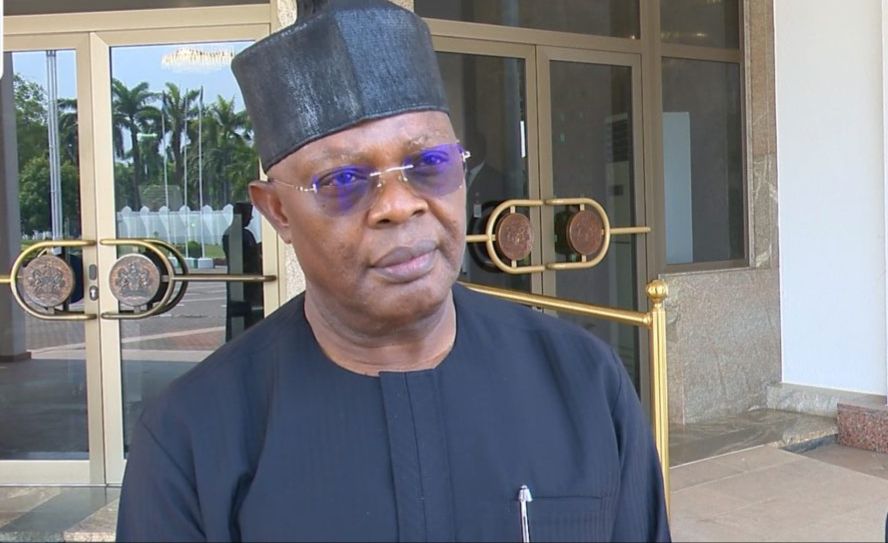Ejike George, a former Chief Magistrate in Rivers State, has publicly defended his resignation from the state judiciary, asserting his inability to operate under the authority of a sole administrator, particularly one with a military background. His resignation follows the declaration of a state of emergency in Rivers State by President Bola Tinubu and the subsequent appointment of retired Vice Admiral Ibok-Ete Ibas as sole administrator. George’s core objection stems from his discomfort with what he perceives as a shift towards a “military style of adjudication” under Ibas’s leadership. He insists that his training and experience within the judiciary have always been under civilian administrations, making it difficult, if not impossible, for him to adapt to taking directives from a military figure. This principled stance, he argues, is rooted in the fundamental difference between civilian and military governance, which extends to the judicial processes as well.
George’s resignation is not merely a matter of personal preference but a deeply held belief in the separation of powers and the distinct role of the judiciary. He emphasizes that his decision is driven by the incompatibility of his judicial training and experience with the hierarchical command structure inherent in military governance. He questions how he, as a magistrate accustomed to operating within the framework of civilian law and procedure, could effectively function under the direction of a sole administrator accustomed to military protocols. This concern extends beyond his personal situation to the broader implications for the Rivers State judiciary, expressing doubt about his colleagues’ ability to adapt to this new leadership structure.
The former magistrate’s resignation also highlights a broader discontent with the Federal Government’s intervention in Rivers State. He directly challenges the justification for declaring a state of emergency and suspending the elected governor, deputy governor, and members of the State House of Assembly. According to George, the claim of a political crisis necessitating such drastic measures is unfounded, and the imposition of a sole administrator represents an unfair infringement on the rights of the people of Rivers State. This underscores his view that the appointment of Ibas, despite his distinguished military career, is inappropriate for overseeing the judicial system of a democratically elected government.
Furthermore, George contests the Rivers State Judicial Commission’s portrayal of his departure as a voluntary retirement. He firmly states that his action was a resignation, driven by his principles and not by any misconduct or disciplinary proceedings. He challenges the Commission to produce any evidence to the contrary, emphasizing that he has a sixteen-year unblemished record within the judiciary. This refutation highlights the importance he places on clarifying the circumstances of his departure and reinforces his narrative of resigning based on principled objections to the new administrative structure.
The former magistrate’s decision also raises questions about the preparedness of the Rivers State judiciary to operate under military oversight. George points out the lack of any training or guidance provided to judicial officers on how to navigate this new environment. He argues that without such preparation, the effective functioning of the judiciary is jeopardized. This concern further underscores his belief that the imposition of a sole administrator with a military background is not only personally challenging for him but also systematically disruptive for the entire judicial system in Rivers State.
In essence, Ejike George’s resignation represents a clash between two distinct approaches to governance – civilian and military – and their impact on the judiciary. His decision is grounded in his commitment to the principles of civilian judicial processes, his belief that the declaration of a state of emergency was unwarranted, and his conviction that the appointment of a military figure as sole administrator is inappropriate and disruptive for the Rivers State judiciary. His public defense of his resignation underscores his determination to uphold these principles and raise awareness about the potential consequences of militarizing civilian institutions. He has chosen to leave his position rather than compromise his values, leaving the future of the Rivers State judiciary under the leadership of a sole administrator uncertain.














